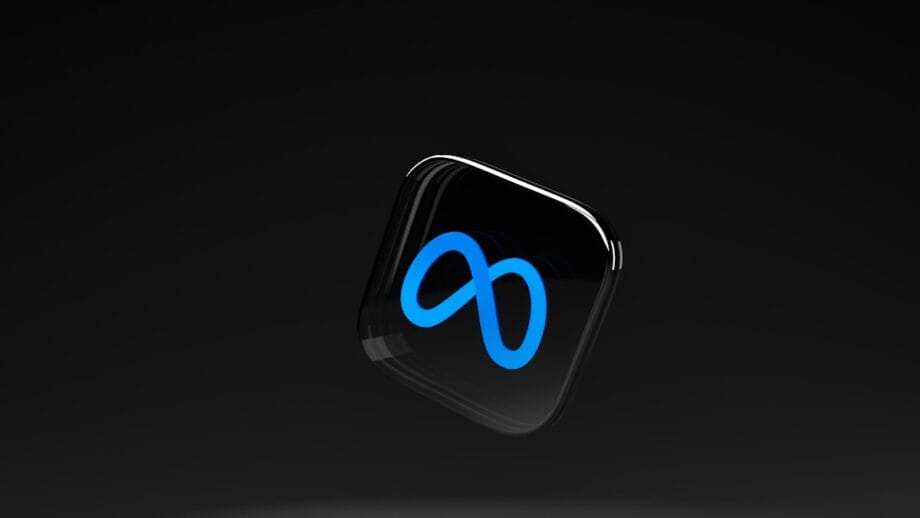Neil Vogel, CEO of People, has sharply criticized web crawlers, alleging that Google, a major technological player, is indulging in unethical practices. Reports reveal that the leader of the publishing company, known for managing over 40 brands, has accused Google of employing its crawlers to benefit its AI initiatives.
People, previously recognized as Dotdash Meredith, oversees various prominent brands, including Wine, People, Travel and Leisure, Southern Living, and Better Homes and Gardens.
Vogel contends that Google is operating unfairly by utilizing a single bot that indexes websites for both its search engine and its AI applications.
“Google utilizes one crawler, which indicates that they deploy the same crawler for search — where they direct traffic to us — as they do for their AI products, where they purloin our content,” Vogel stated.
People’s CEO Takes Aim at Google’s Practices
According to Vogel, Google Search previously accounted for over 65% of traffic to the company, a figure that has since plummeted to nearly the high 20s. He also referenced data from AdExchanger indicating that Google once represented approximately 90% of People Inc.’s traffic sourced from the open web.
“I’m not lamenting. We’ve expanded our audience and increased our revenue,” Vogel remarked to attendees at a conference. “We are thriving. What is fundamentally wrong is: One cannot appropriate our content to compete against us.”
Vogel emphasized the necessity for publishers to receive greater recognition in the evolving AI landscape, advocating for the obstruction of AI crawlers—automated systems that peruse websites to educate AI models—arguing that it coerces them into content agreements.
He disclosed that his organization is currently engaged in cooperation with OpenAI, which he characterizes as a commendable participant in the sector. People have adopted a novel solution from web infrastructure provider Cloudflare that effectively blocks AI crawlers that do not compensate, compelling AI entities to negotiate content agreements with the publisher.
Nonetheless, Vogel indicated that blocking Google’s crawler is impractical for People. “They understand this, and they refuse to segregate their crawler. Thus, they are deliberately acting as bad actors,” Vogel asserted.
Industry Experts Join the AI Crawler Discourse
This sentiment was echoed by Janie Min, editor-in-chief and CEO of Ankler Media, who labeled tech giants like Google and Meta as content kleptomaniacs. “I fail to see any advantage in collaborating with AI companies at this juncture,” she remarked, stating that her organization actively blocks AI crawlers.

Meanwhile, Matthew Prince, CEO of Cloudflare—whose company offers AI-blocking technology—expressed that the future behavior of AI firms could evolve, potentially under new regulatory frameworks. The Cloudflare leader questioned whether litigation against AI companies serves as a valid solution.
“Pursuing that route appears to be a fool’s errand; in copyright law, the more derivative a product, the greater its protection under fair use… What these AI enterprises are accomplishing is the creation of derivatives,” Prince articulated.
“The most favorable legal precedents have suggested that entities like Anthropic—who recently settled with book publishers for $1.5 billion—did so to safeguard a positive copyright ruling they attained.”
Source link: Cryptorank.io.






